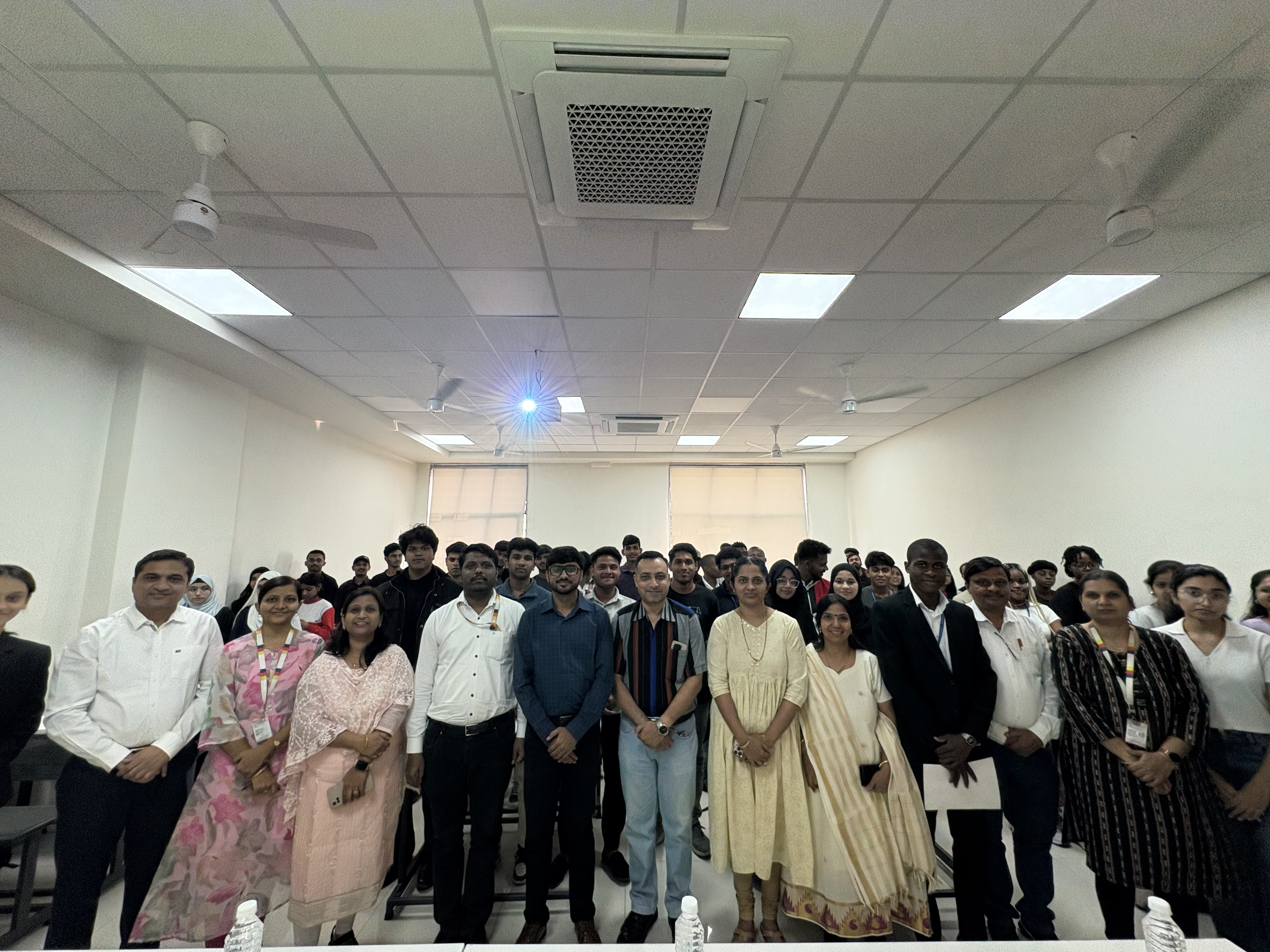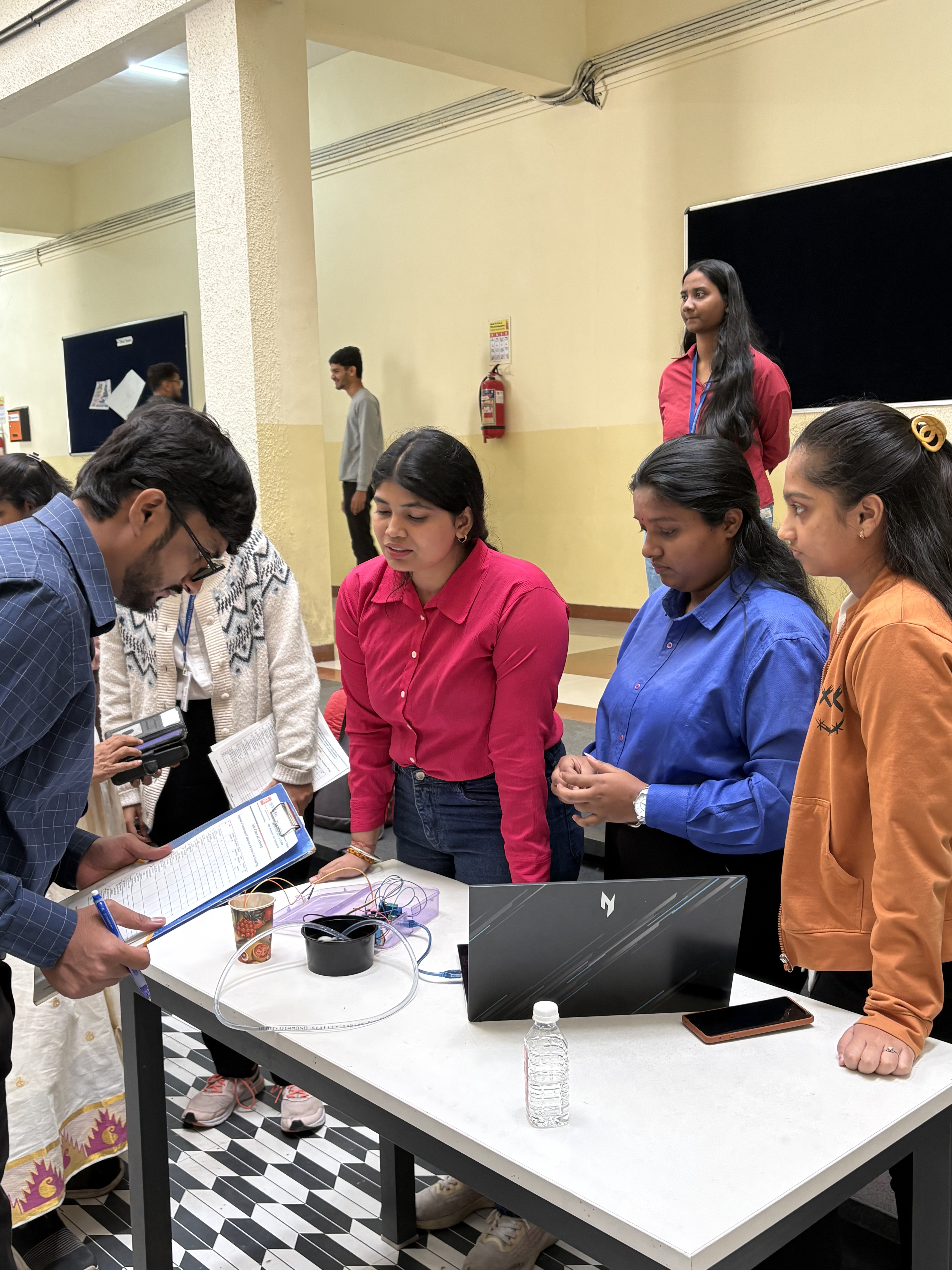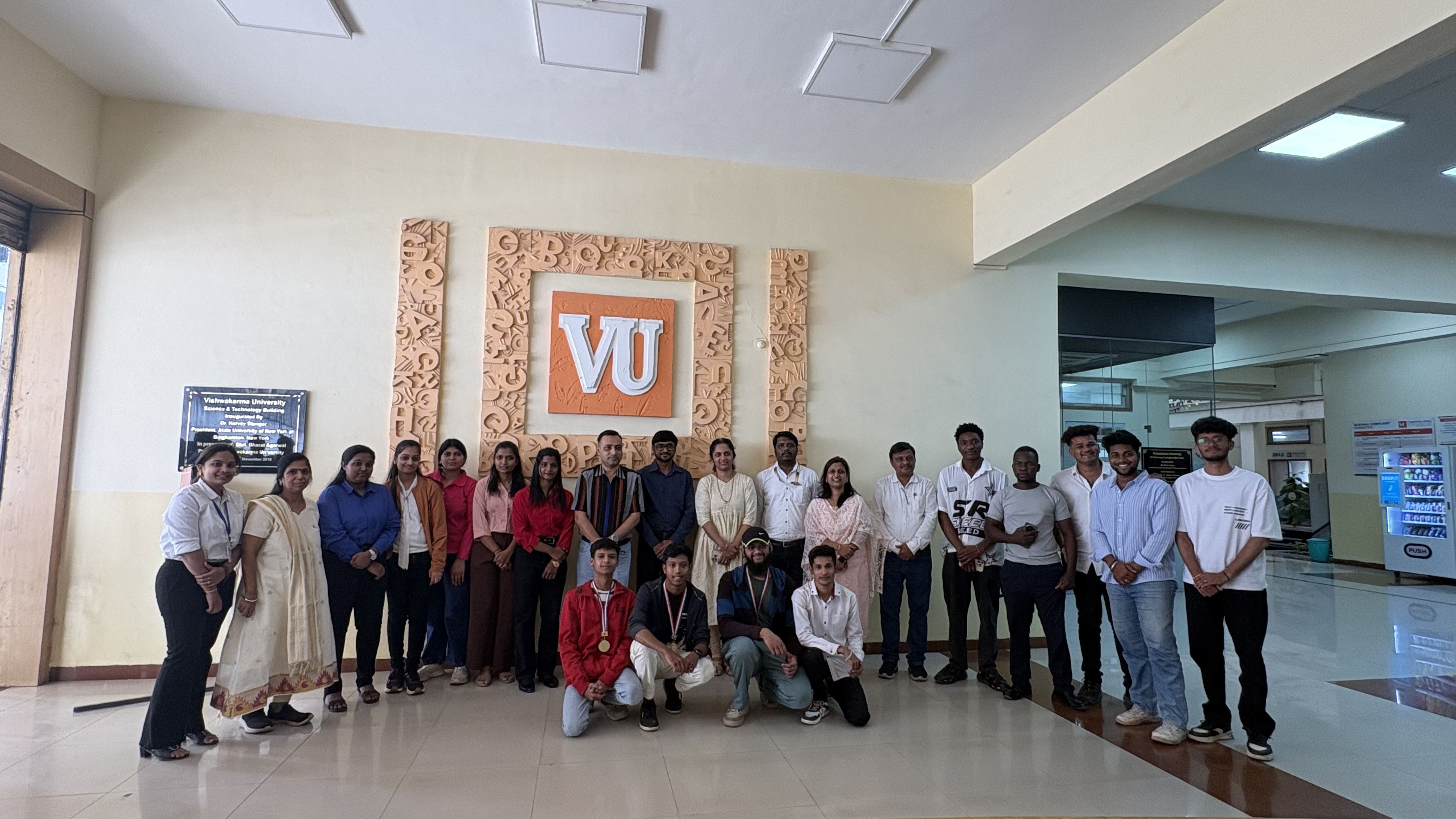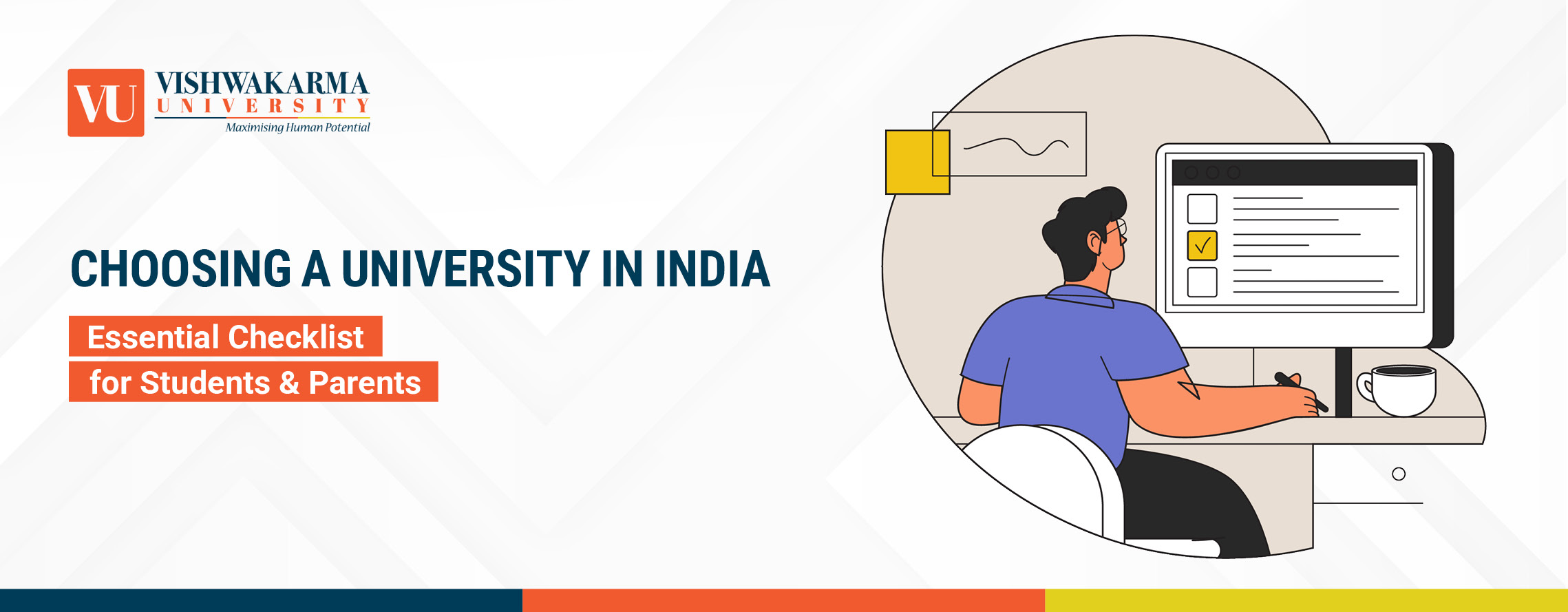
Choosing the best university in India is a major milestone that requires balancing academic quality with financial reality. With the National Education Policy (NEP) 2020 bringing more flexibility to degrees, students and parents now have to look beyond just "brand names."
Here is an essential checklist to help you evaluate and shortlist the best institutions for 2026.
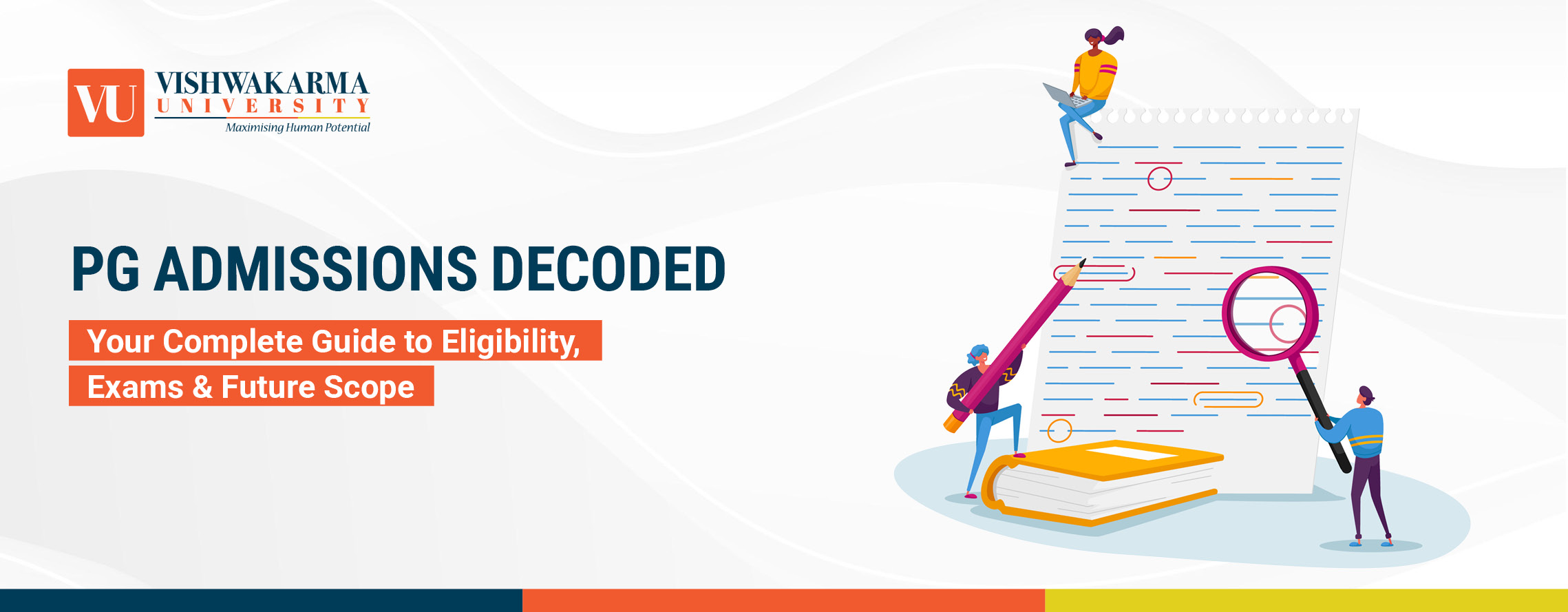
Stepping into the world of postgraduate studies can feel like navigating a maze of entrance scores and eligibility fine print. This guide breaks down everything from top-tier exams to career trajectories, helping you transition from a nervous undergrad to a confident master’s candidate.
Academic Year: 2025–2026
Program: B.Pharm (VI Semester)
Subject: Community Outreach / Extension Activity
1. Basic Information of the Activity
Title of Activity: Community Awareness on Medicine Use
Date: 13th February 2026 (Friday)
Time: 12:30 PM – 02:30 PM
Venue: Community Area, Kondhwa, Pune
Organized by: School of Pharmacy, Vishwakarma University, Pune
Target Audience: General Public / Community Members
2. Organizing Committee
Convener: Prof. (Dr.) Sunitha Sampathi, Dean, School of Pharmacy
Coordinator: Dr. Sabeena Syed
Co-Coordinator: Prof. Supriya Unavane
Members: Dr. Amrita Thakur, Dr. Neeta Rai
Student Volunteers: B.Pharm Students
3. Objectives of the Activity
a) To create awareness regarding rational and safe use of medicines.
b) To educate the community on reading and understanding medicine labels.
c) To explain different dosage forms (tablets, capsules, syrups, suspensions).
d) To highlight correct administration techniques for oral liquid formulations.
e) To emphasize checking expiry dates and proper storage of medicines.
4. Description of the Activity
The School of Pharmacy, Vishwakarma University conducted a community outreach activity titled 'Community Awareness on Medicine Use' at Kondhwa, Pune. The program aimed to promote safe and rational use of medicines among the public.
Faculty members and student volunteers interacted directly with community members. Demonstrations were provided on reading medicine labels, identifying dosage forms, difference between syrups and suspensions, and correct methods of administration.
Participants were guided on precautions, adherence to prescribed dosage, and importance of expiry dates.
The activity was interactive, and queries related to daily medicine use were addressed. The session strengthened community awareness and enhanced students’ patient counseling skills.
5. Outcomes
a) Improved public awareness regarding safe medication practices.
b) Enhanced communication and patient counselling skills among pharmacy students.
c) Promoted community engagement and social responsibility.
d) Supported Program Outcomes related to professional ethics and public health awareness.
6. Feedback Summary
The community appreciated the initiative and found the information useful. Students reported improved confidence in counselling and real-world communication.
7. Conclusion
The extension activity successfully fulfilled its objective of promoting rational medicine use in the community. The program aligns with NAAC, NBA, and PCI requirements for community engagement and experiential learning.
8. Annexures
Annexure I: Activity Approval Letter
Annexure II: Event Flyer
Annexure III: Photographs of the Activity
Annexure IV: Attendance Sheet
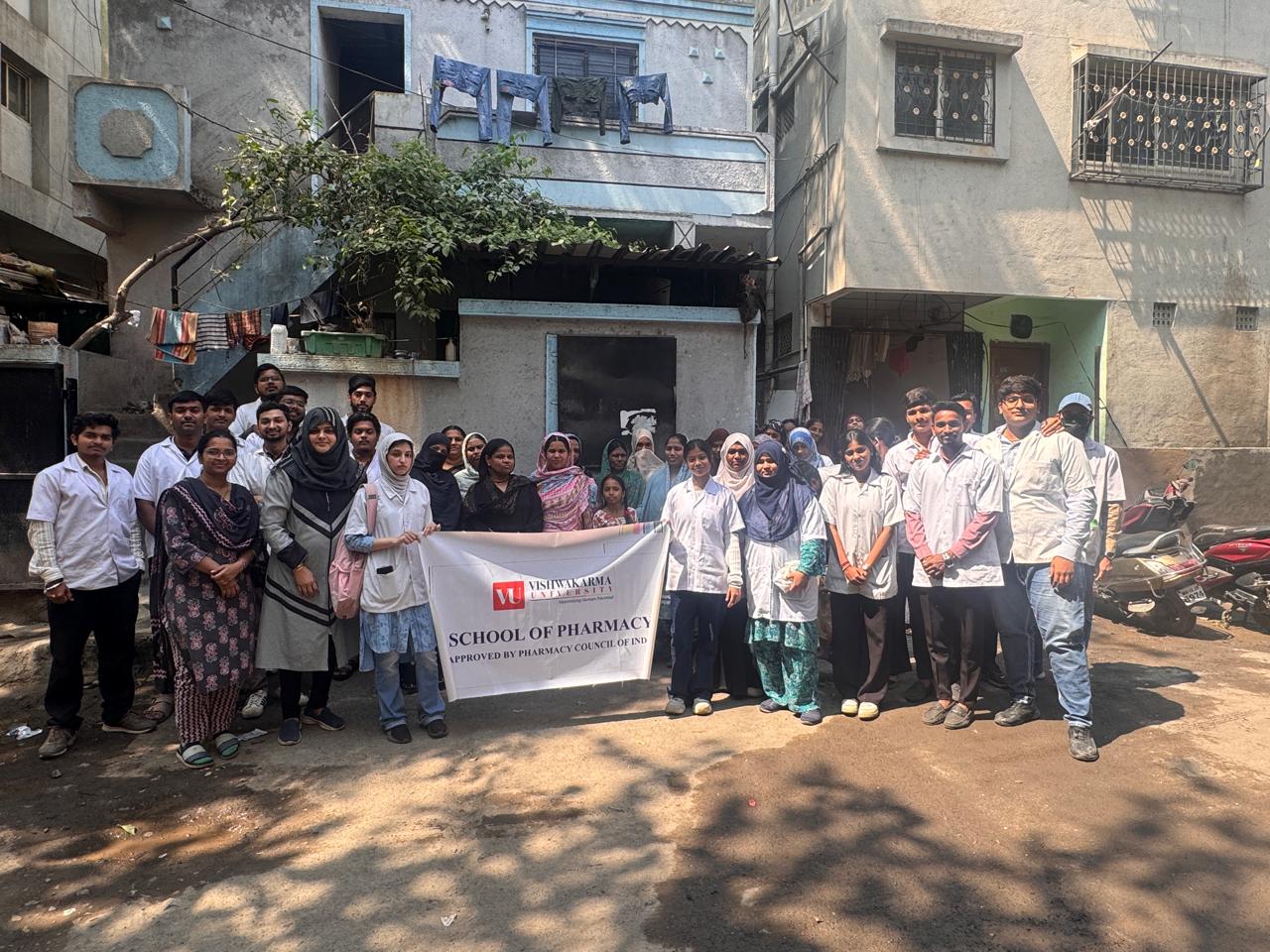
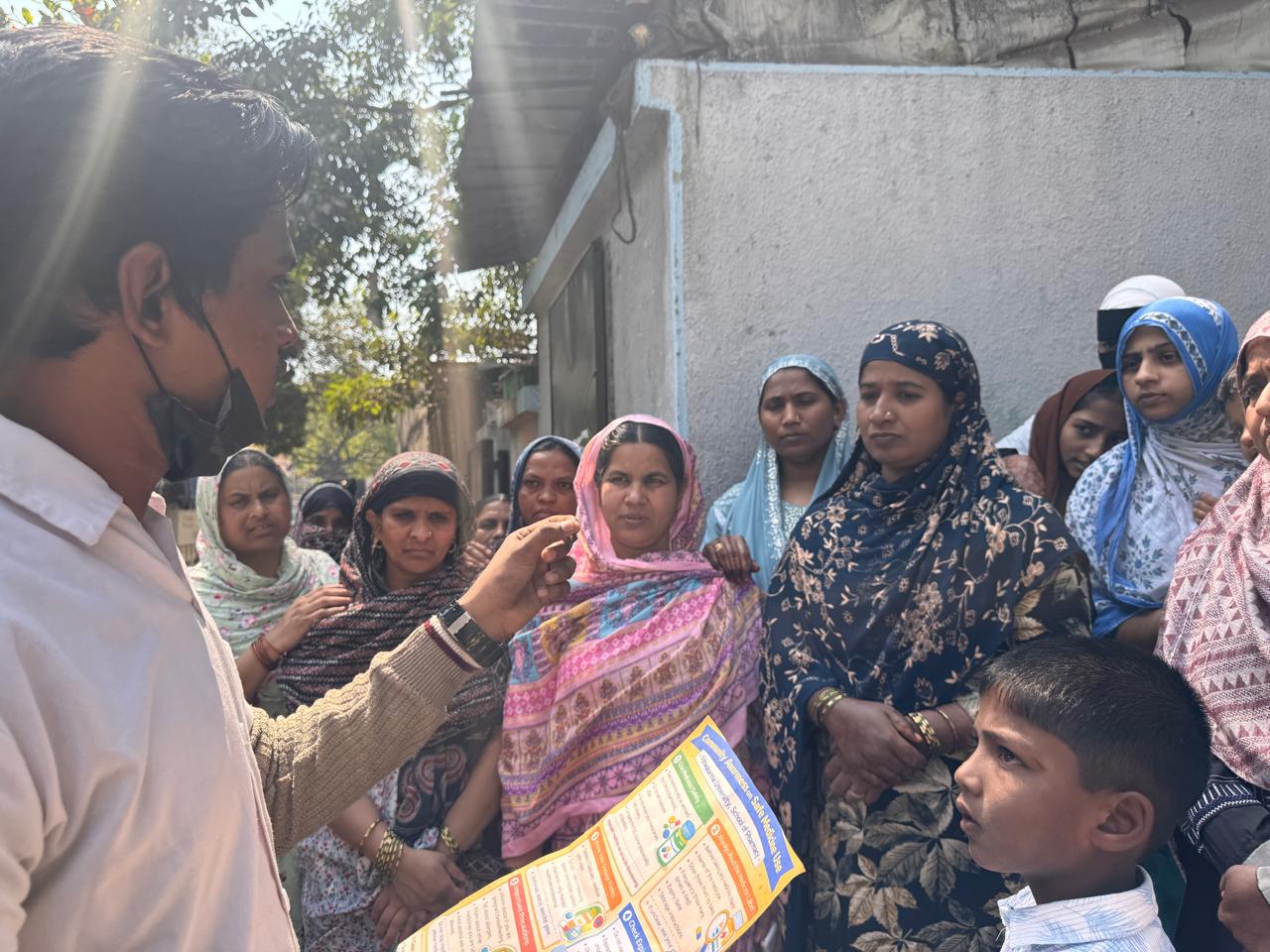
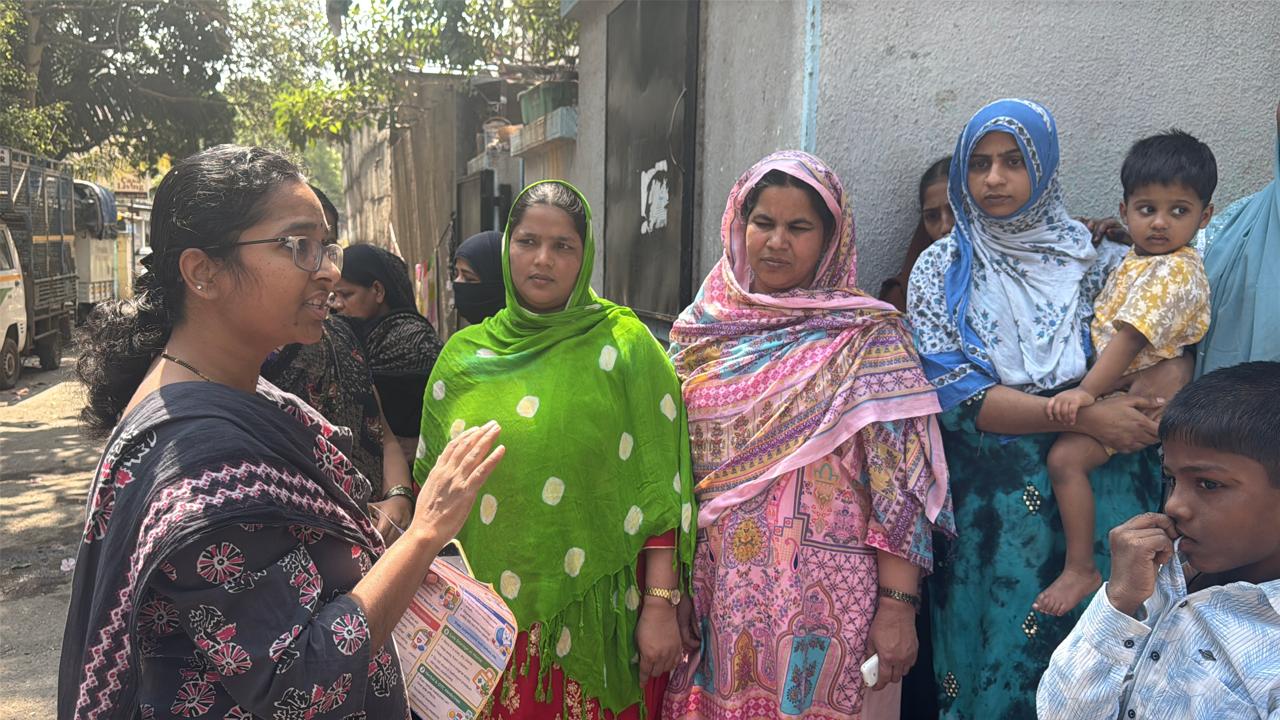
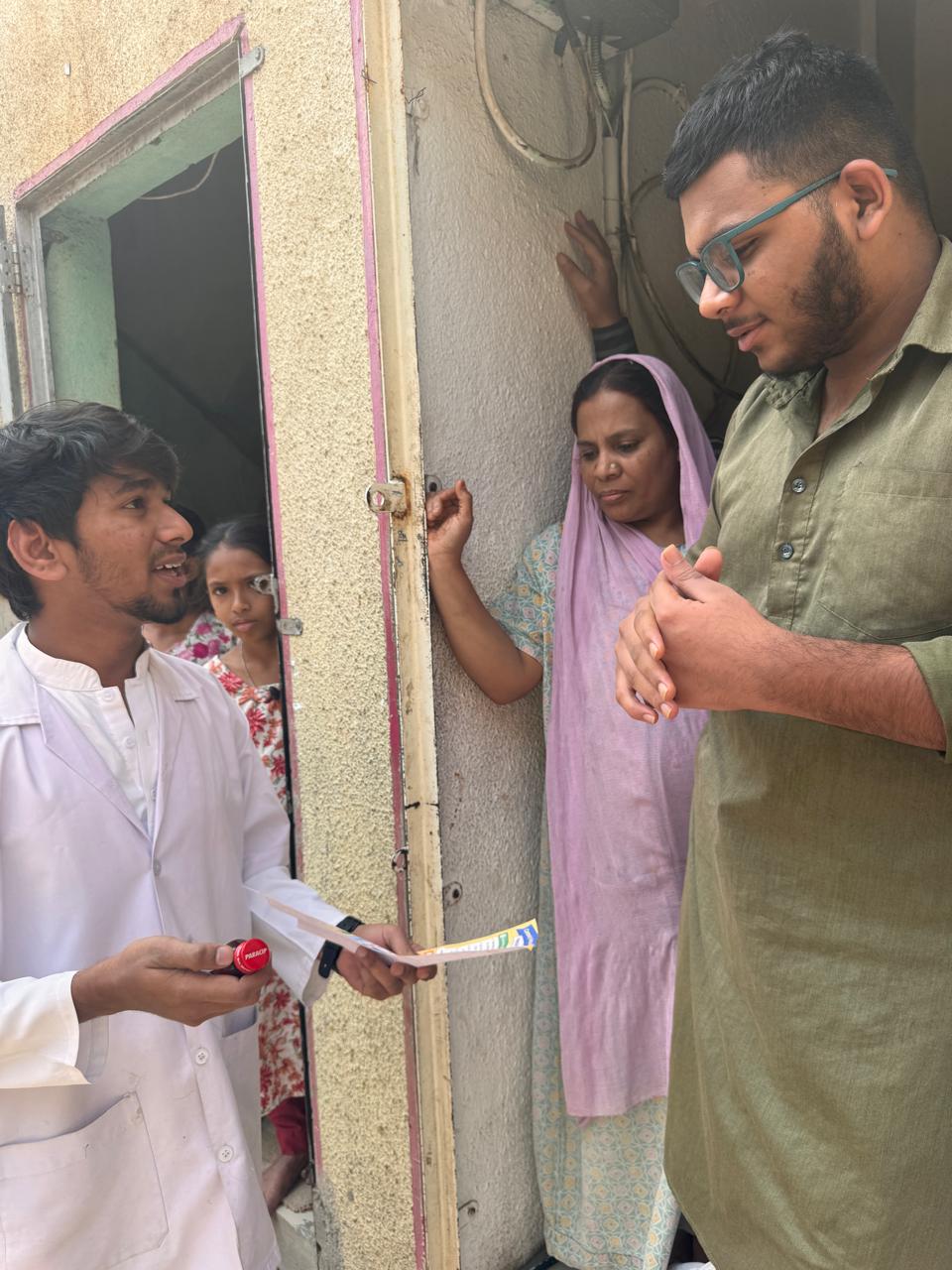
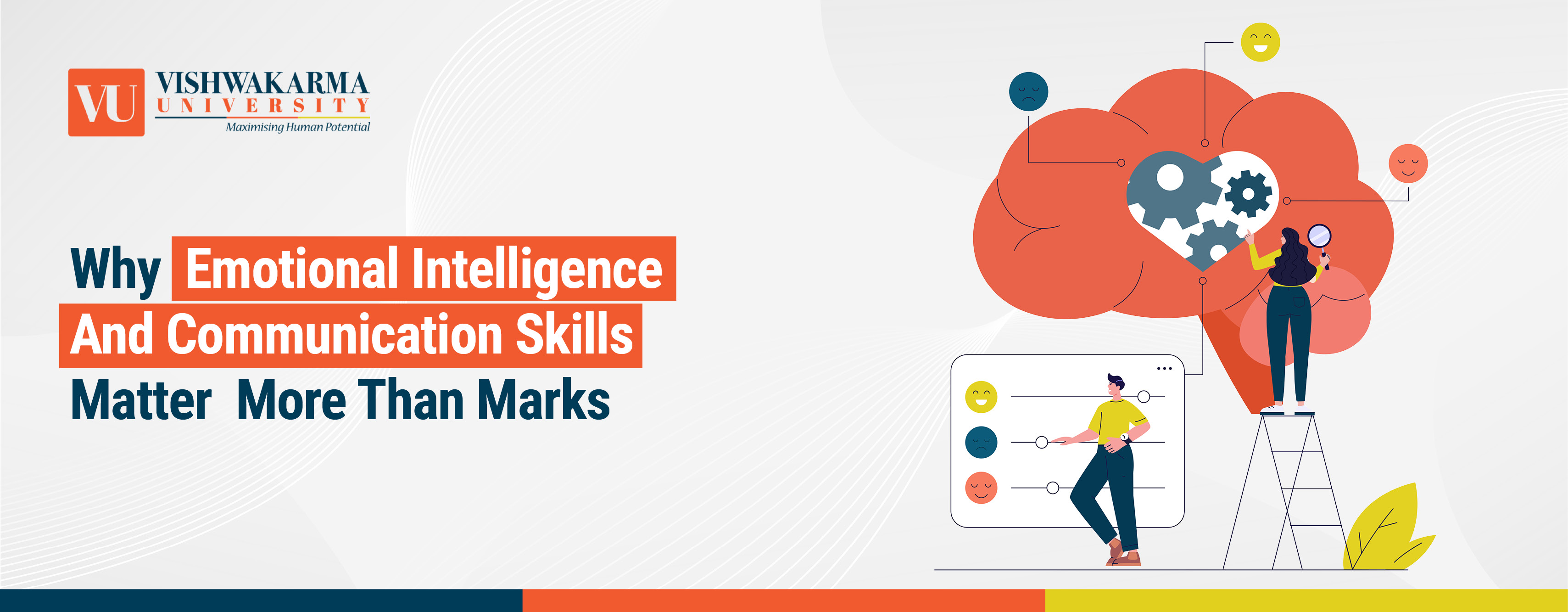
Imagine two students just graduated with similar degrees. One student is a straight, A grade student but finds it difficult to work in a team, accept feedback, and manage stress. On the other hand, the student with good (not perfect) grades is able to communicate well, is flexible, and gets along well with others.
Architecture & Interior Design Exhibition
The Department of Interior Spaces, Faculty of Architecture, Vishwakarma University participated in Design Nexus by Family Interiors, an Architecture and Interior Design Exhibition held from 12th to 14th December 2025 at Mahalaxmi Lawns, Pune. The exhibition provided students with a professional platform to showcase their academic projects, interact with architects, interior designers, and industry experts, and gain exposure to real-world design practices. Through live presentations and peer–professional interactions, students enhanced their communication skills, conceptual clarity, and professional confidence. The event strengthened industry–academia engagement and reinforced Vishwakarma University’s commitment to experiential, industry-oriented design education.
Students gained valuable exposure to the professional design ecosystem and real-world industry expectations.
The exhibition enhanced students’ ability to articulate design intent, design process, material choices, and conceptual thinking.
Constructive feedback from industry professionals supported students’ academic and professional growth.
The event strengthened the department’s visibility and outreach within the regional design community.
Students developed confidence, teamwork, professional ethics, and presentation skills through collaborative stall setup and live project explanation.
 (1).JPG)
.JPG)
.JPG)
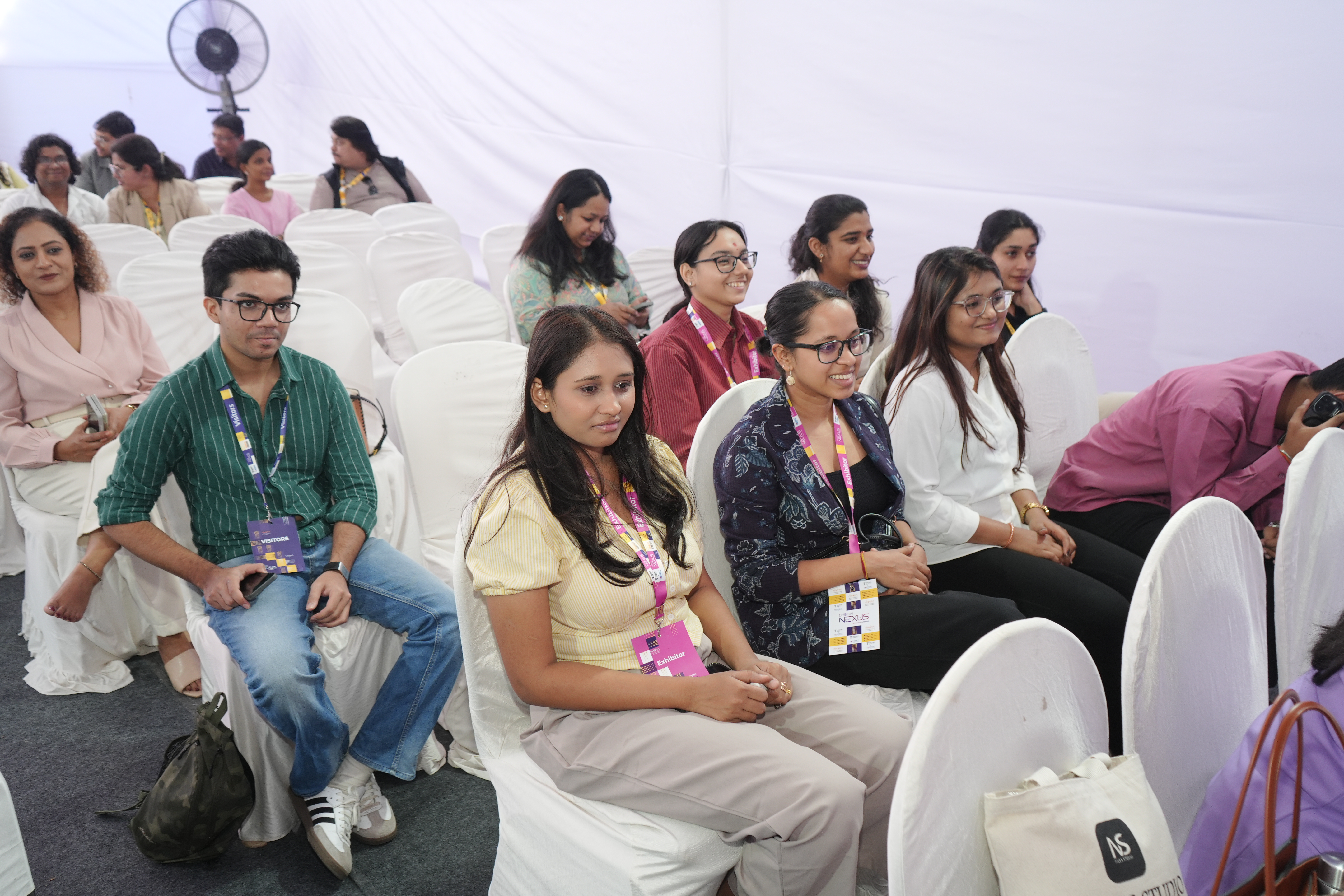
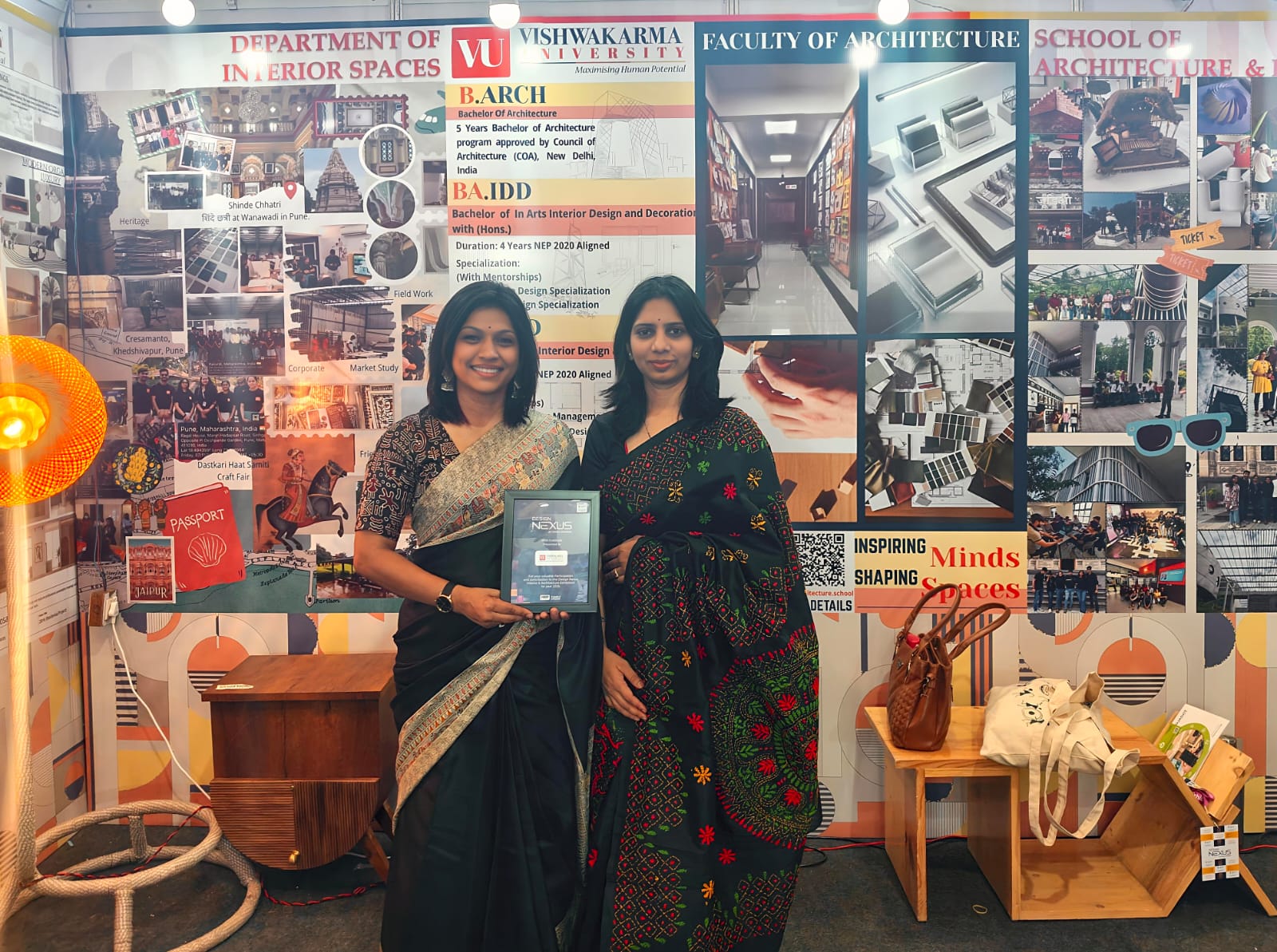
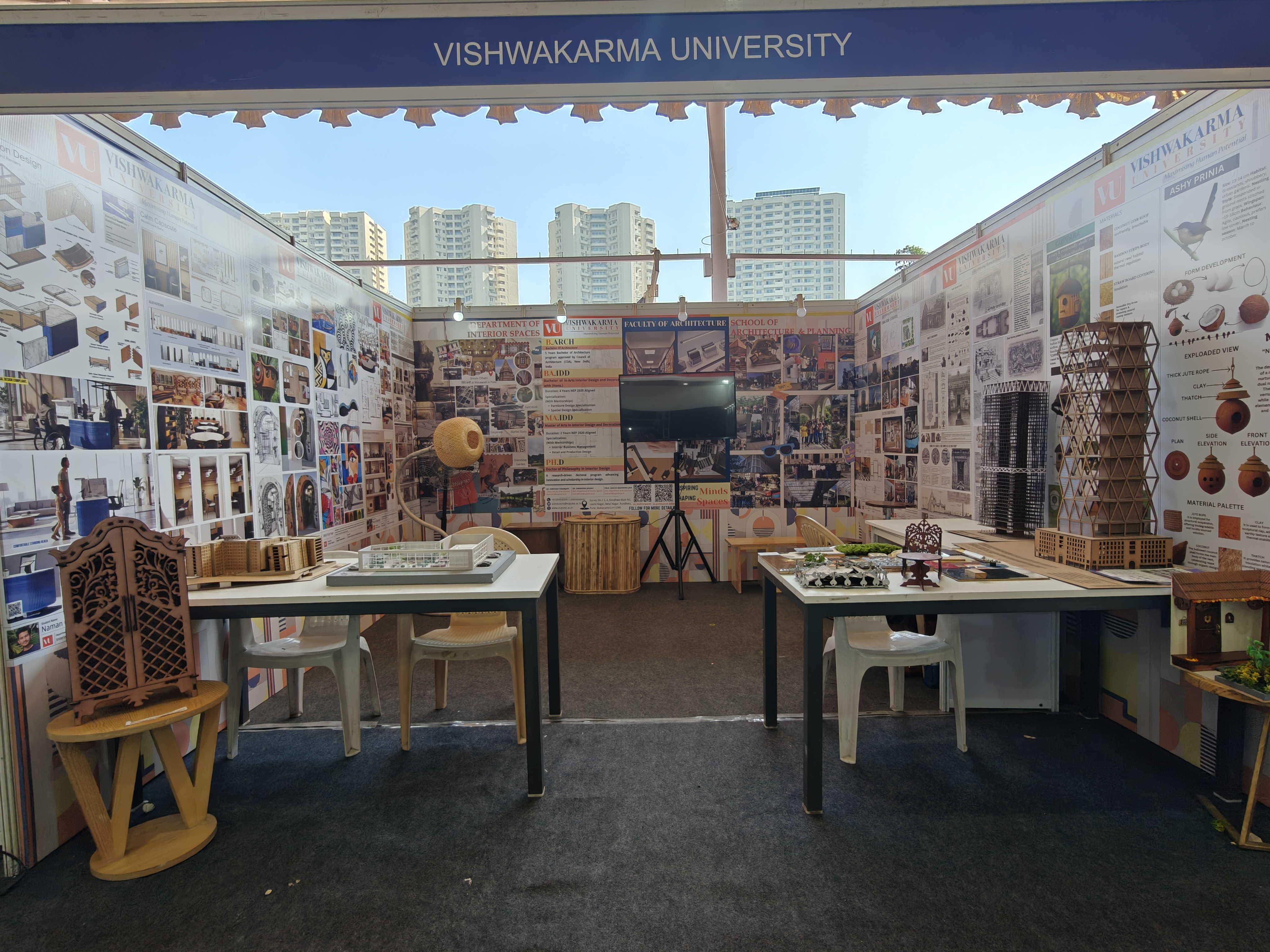
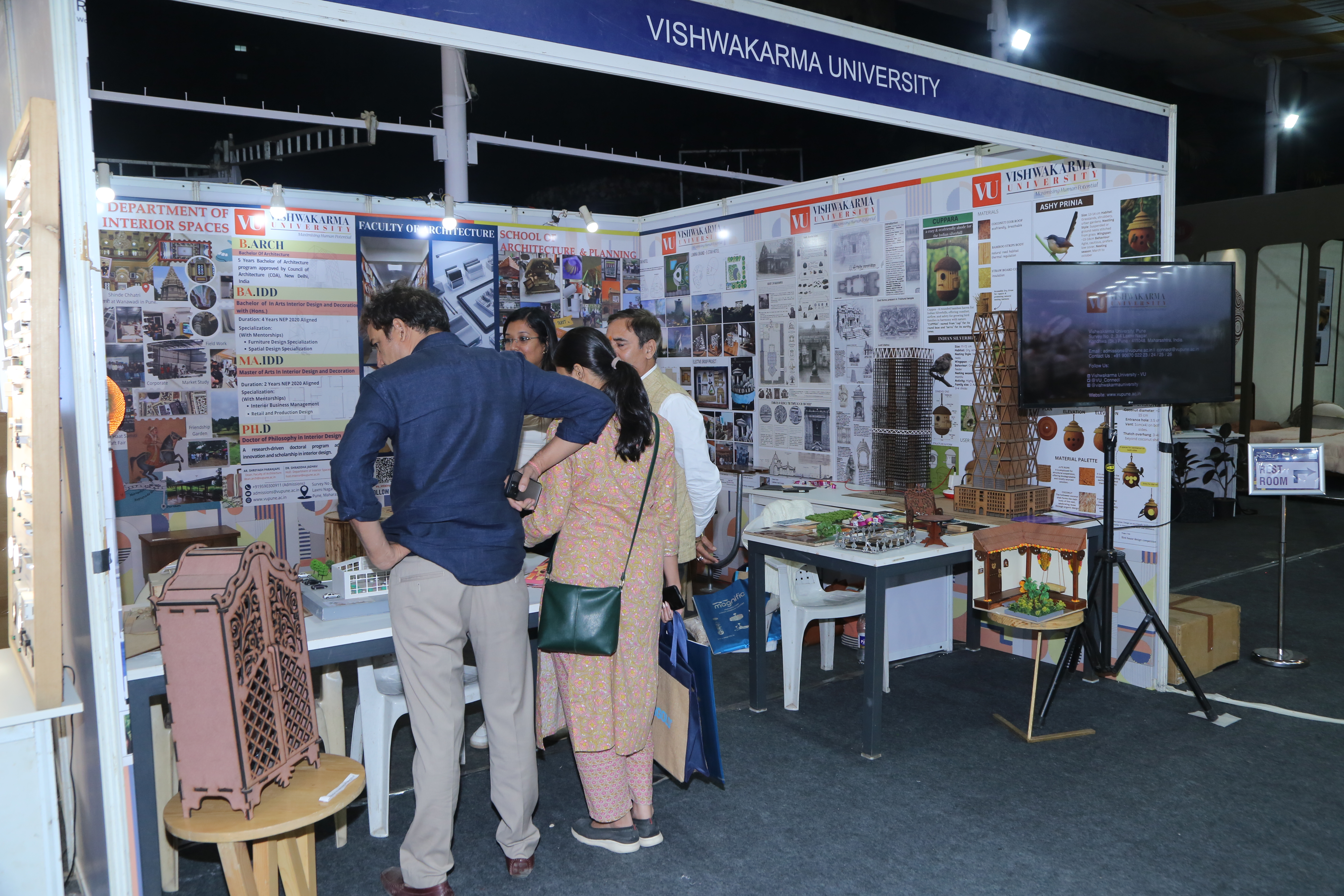
 (1).JPG)
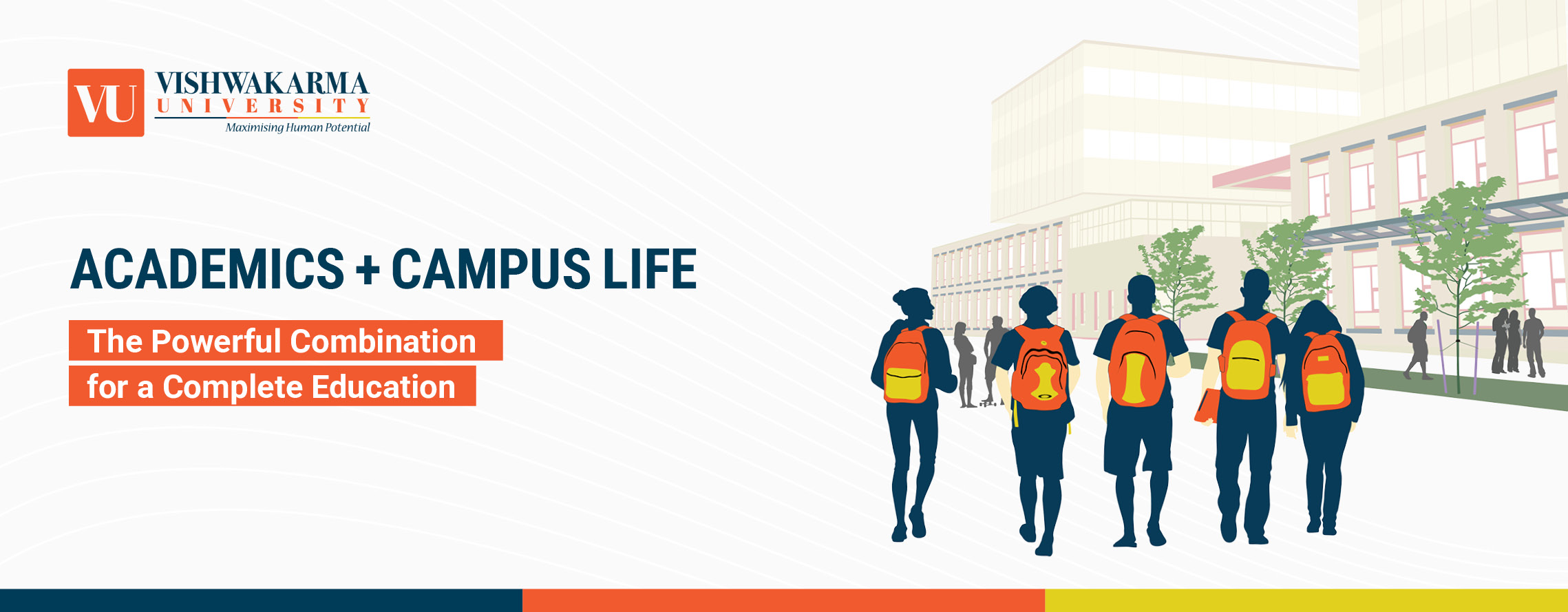
When most people think about university education, they picture lectures, exams, grades, and degrees, which is expected and understandable. Academics are visible and structured. And measurable. But ask an alumnus what truly shaped their college experience, and the answer usually lies somewhere else.
Organized By: Department of Computer Science in collaboration with Genesis Club of Technical Wing of Student Council, Vishwakarma University, Pune.
Date: Tuesday, 03 February 2026
Faculty Coordinators:
Dr. Sonali Powar
Dr. Madhuri Pant
Dr. Jupinder Kaur
Conveners:
Prof. Dr. Kailas Patil, Dean, Faculty of Science & Technology
Prof. Vaibhav Thakare, Director, Student Welfare
Dr. Pavitha Nooji, Associate Dean, Faculty of Science & Technology
Dr. Rajkumar Jagdale, HOD, Department of Computer Science
Student Coordinators:
Miss. Mahinoor Shaikh
Miss. Alafiya Sukhiwala
Mr. Sydney Rikoma
Mr. Yash Patel
Miss. Urvashi Jethva
Mr. Darshan Parekh
Participants:
The main objective of the Sensor Sphere IoT Project Competition was to encourage students to design and develop innovative IoT-based solutions for real-world problems. The event aimed to promote practical learning by providing a platform for students to apply their theoretical knowledge in electronics, programming, and networking. It also focused on enhancing students’ creativity, technical competence, teamwork, and presentation skills. Additionally, the competition sought to create awareness about emerging technologies and prepare students for industry-oriented projects.
The competition successfully enhanced students’ practical understanding of IoT technologies and their real-world applications. Participants gained valuable experience in project development, problem-solving, and technical communication. The event helped students build confidence in presenting their ideas before evaluators and peers.
Moreover, the program strengthened collaboration among departments and encouraged interdisciplinary learning. Students were motivated to pursue advanced projects and research in emerging technologies. The distribution of certificates and awards further boosted student morale and inspired continued innovation. Overall, the competition proved to be highly effective in nurturing technical skills and industry readiness among students.
Session Overview:
The Sensor Sphere IoT Project Competition was conducted on 03 February 2026 at Building No. 2, Vishwakarma University, Pune. The event commenced at 9:00 AM and witnessed enthusiastic participation from undergraduate and postgraduate students. Participants presented their IoT-based projects individually or in teams of up to three members.
The competition provided students with an opportunity to demonstrate working models and explain their technical implementation. Projects were evaluated based on innovation, practical usefulness, functionality, and presentation skills. The event was coordinated by faculty members and student representatives in collaboration with the Genesis Club and Student Council, ensuring smooth execution of all activities.
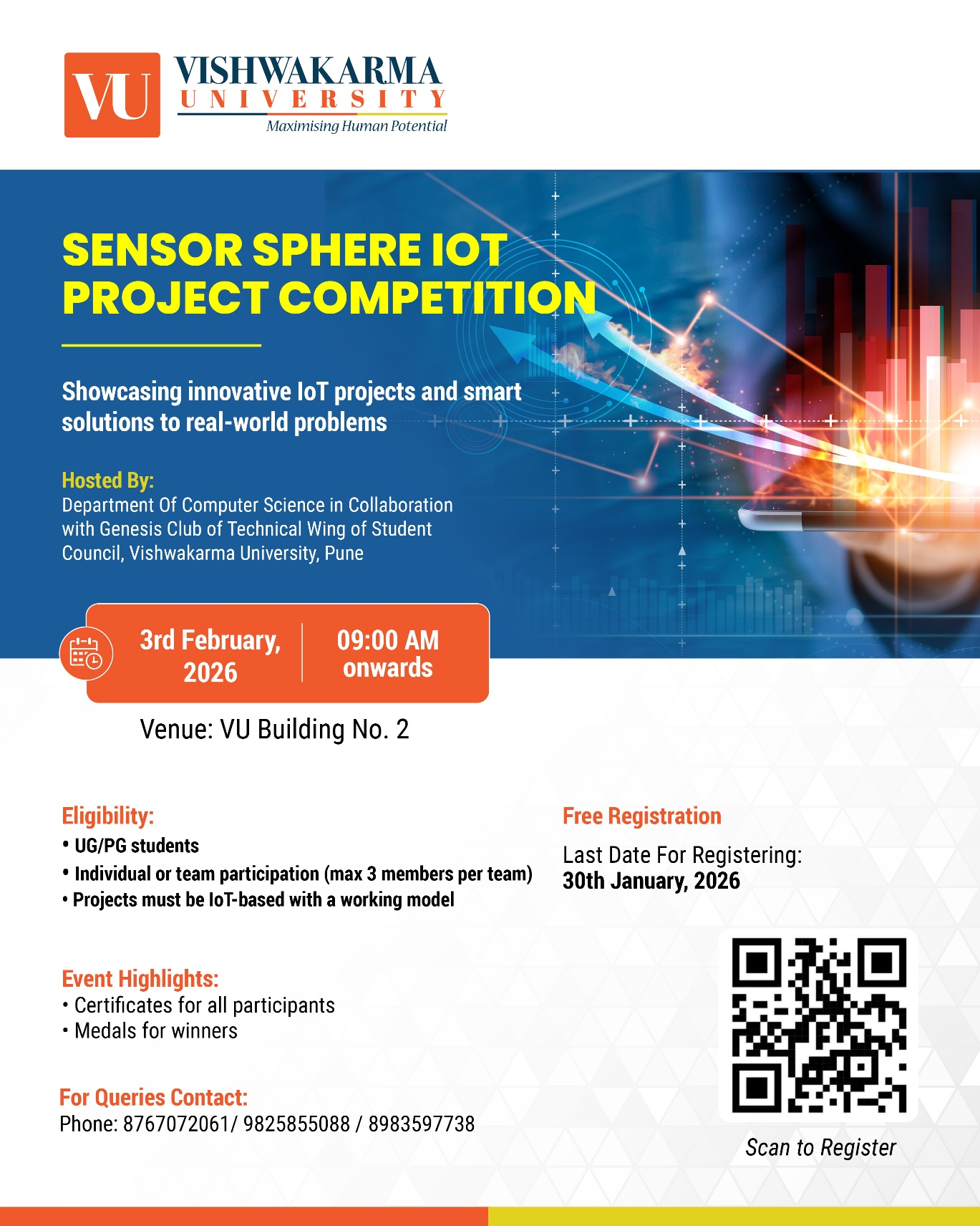
.jpeg)

